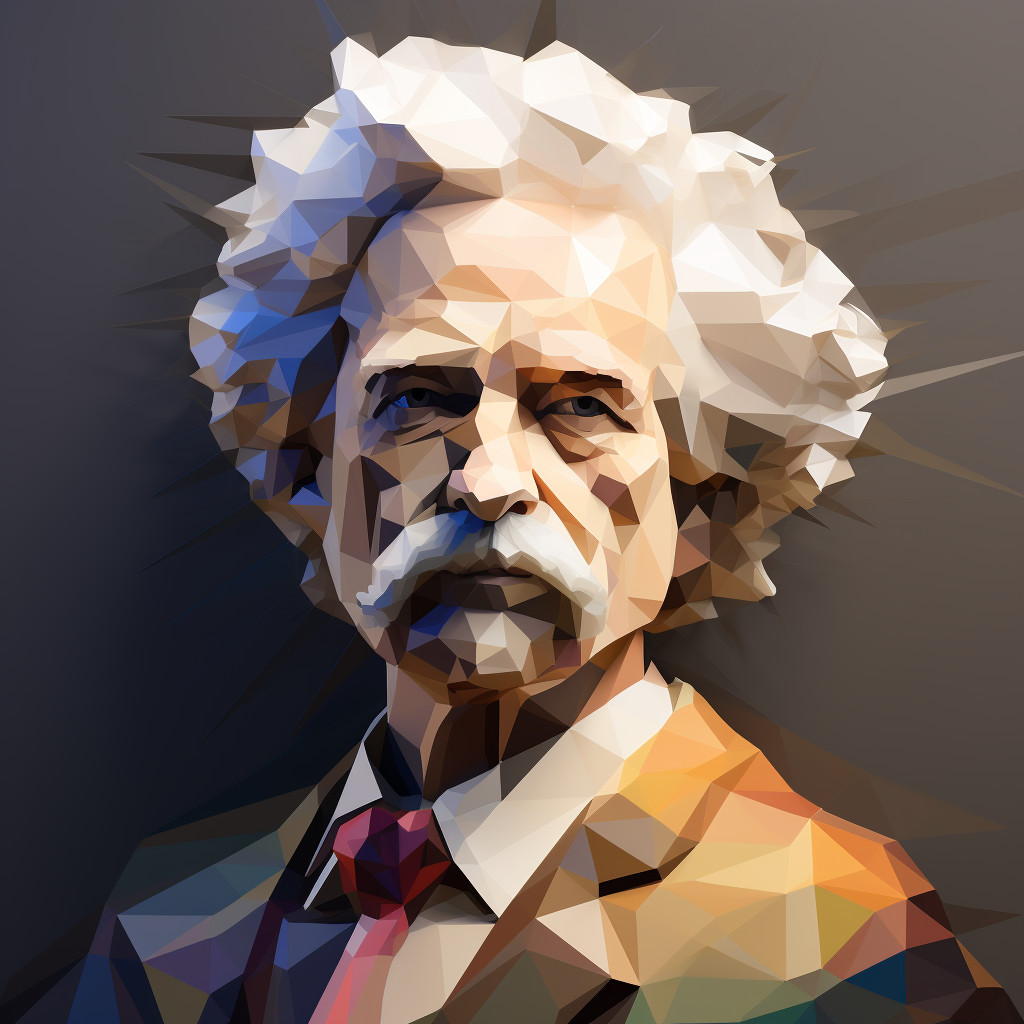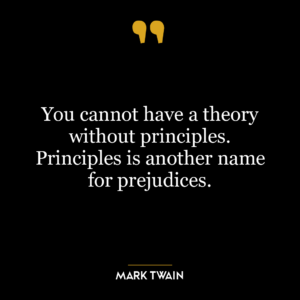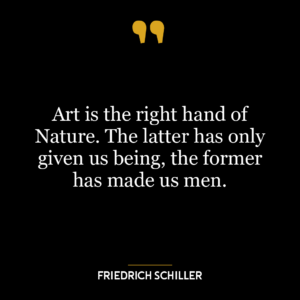This quote suggests that everyone is born with inherent goodness and lovability, as bestowed upon them by a divine creator. It presents the idea that each person, regardless of their circumstances or actions, has something valuable and worthy within them. This inherent goodness is not something earned or acquired but is a fundamental part of human nature, given by God at the moment of creation.
The quote, therefore, invites us to see the good in every person, even when it may not be immediately apparent. It encourages a perspective of compassion, understanding, and acceptance, reminding us that everyone has something valuable to contribute to the world.
Applying this concept to today’s world, it could be seen as a call to challenge judgment, prejudice, and discrimination. In a society often quick to categorize and dismiss individuals based on superficial traits or mistakes, this quote prompts us to look deeper and recognize the inherent worth in every person.
In terms of personal development, this idea encourages self-love and acceptance. It reminds us that regardless of our flaws and mistakes, we too have something good and loveable within us. This can be a powerful tool for building self-esteem and promoting personal growth. It can also guide our interactions with others, encouraging us to approach them with empathy and understanding, recognizing the inherent goodness within them even when their actions might suggest otherwise.
In essence, this quote is a reminder of the shared humanity that binds us all and the divine spark within each of us. It invites us to celebrate this shared goodness and to cultivate it within ourselves and others.









